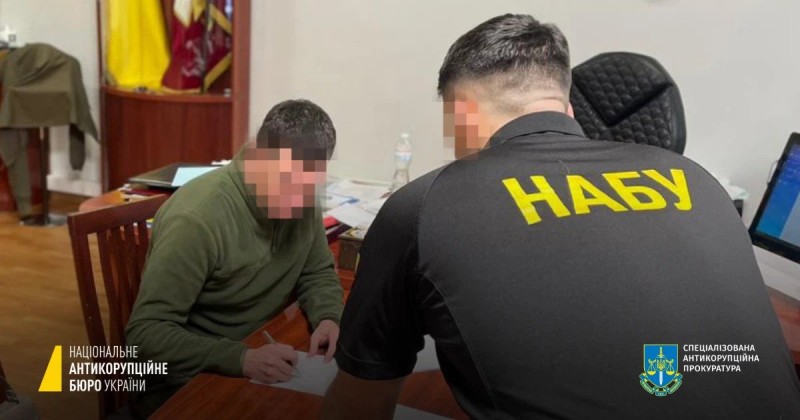According to an investigation conducted by the National Anti-Corruption Bureau of Ukraine (NABU) and the country’s Specialized Anti-Corruption Prosecution (SAP), six people, including executives of the State Service of Special Communications and Information Protection of Ukraine (SSSCIP), were exposed.
The SSSCIP works with Western countries to provide cybersecurity assistance to Ukraine as it attempts to safeguard its digital infrastructure in the face of Russia's invasion.
Cabinet official Taras Melnychuk posted on Telegram that SSSCIP’s head Yurii Shchyhol, and his deputy Victor Zhora, were sacked immediately.
Another four suspects include a general manager and an employee of a state-owned corporation, as well as the owner of a group of companies, who is thought to be the scheme’s organizer, and one of his workers.
According to NABU, the scheme dates from before the Russian invasion in February of 2022. Between 2020 and 2022, the owner of a group of companies, in conjunction with SSSCIP executives, hatched a scheme to steal budget money intended for the acquisition of equipment and software.
To carry out the scheme, two controlled businesses were hired, and the procurement was classified to avoid open bidding and assure the victory of the pre-chosen companies.
The state company controlled by the SSSCIP signed contracts with these entities for software and services, transferring more than 285 million Ukrainian Hryvni ($7.9 million) in the 2021-2022 period, according to NABU.
The actual cost of the software acquired from a foreign company was 223 million Hryvni ($6.18 million), and the accused pocketed the difference of about 62 million Hryvni ($1.72 million).
“These funds were transferred to the accounts of controlled companies abroad for further laundering and sharing among participants of the scheme,” according to NABU.
The probe into the case is still underway, according to the anti-graft bureau.



